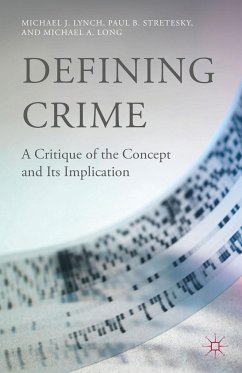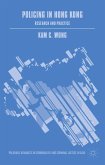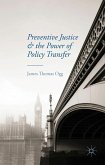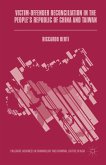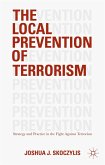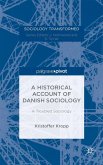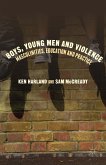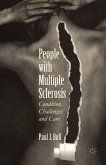"Defining Crime examines and analyzes the most basic of concepts in criminology and relentlessly uncovers the illogical assumptions and applications of the concept of crime errors repeated over and over since criminology's beginnings. The authors of this book argue that large portions of what is written about the definition of crime are based on false assumptions and biased, sometimes political, ideas. Lynch, Stretesky, and Long leave no stone unturned to show that much of criminology's enterprise has pursued in micro detail only a tiny portion of what true crime is all about. They propose a new definition of crime that will surely lead to studies that explore an old problem in new ways." - Graeme R. Newman, Distinguished Teaching Professor, School of Criminal Justice, University at Albany, State University of New York, USA
"Defining Crime is a thoughtful and scientifically grounded analysis of contemporary criminology that moves beyond established critiques of criminology's failure to recognize the political nature and consequences of law and the crimes it creates. Lynch, Stretesky, and Long provide an in-depth examination, replete with numerous examples, of how the dominant approach to defining crime, when combined with a near-exclusive focus on micro-level criminality, has led criminology into deep methodological misunderstandings and distorted explanations of crime. Moving beyond critique, the authors propose a new definition of crime that can correct these errors and change the kind of research criminologists undertake. Defining Crime is a book that deserves to be read by both orthodox and critical criminologists alike." - Raymond J. Michalowski, Arizona Regents Professor, Department of Criminology and Criminal Justice, Northern Arizona University, USA
"Defining Crime is a thoughtful and scientifically grounded analysis of contemporary criminology that moves beyond established critiques of criminology's failure to recognize the political nature and consequences of law and the crimes it creates. Lynch, Stretesky, and Long provide an in-depth examination, replete with numerous examples, of how the dominant approach to defining crime, when combined with a near-exclusive focus on micro-level criminality, has led criminology into deep methodological misunderstandings and distorted explanations of crime. Moving beyond critique, the authors propose a new definition of crime that can correct these errors and change the kind of research criminologists undertake. Defining Crime is a book that deserves to be read by both orthodox and critical criminologists alike." - Raymond J. Michalowski, Arizona Regents Professor, Department of Criminology and Criminal Justice, Northern Arizona University, USA

